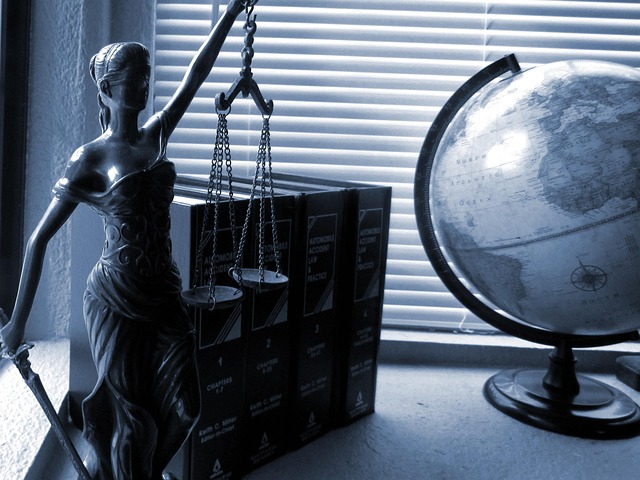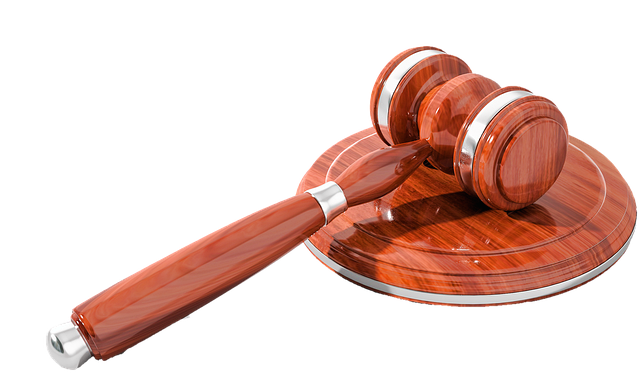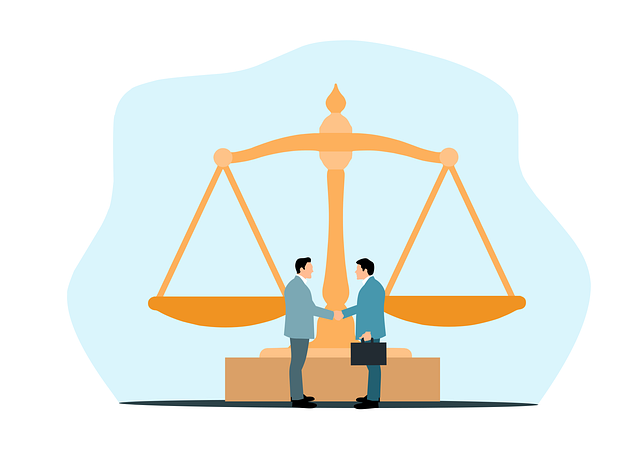Understanding appeal processes is crucial in Criminal Law. Common reasons for denials include procedural errors, insufficient evidence, and lack of legal merit. To avoid these, defense teams must prepare robust arguments, adhere to rules, and expose weaknesses in prosecution cases during trials, minimizing errors that could lead to wrongful convictions. Effective strategies involve meticulous documentation, strict adherence to protocols, and comprehensive appellate briefs.
In the intricate world of criminal law enforcement, understanding the appeals process is pivotal. This comprehensive guide delves into the nuances of navigating legal errors and procedural mistakes, which are among the common reasons for appeal denial. By exploring effective strategies for success, individuals seeking justice can enhance their chances of a favorable outcome, ensuring fairness within the system. Key topics covered include recognizing typical legal lapses, their potential consequences, and practical approaches to mounting a robust appeal.
- Understanding the Appeals Process
- Common Legal Errors in Criminal Cases
- Procedural Mistakes and Their Impact
- Effective Strategies for Appeal Success
Understanding the Appeals Process

Understanding the Appeals Process is a crucial step for anyone involved in Criminal Law Enforcement. Appeals are often filed when a defendant believes there was an error during their trial, such as procedural irregularities or misapplication of laws. The appeals process involves submitting legal arguments and evidence to higher courts, who then review the case and determine if any errors were made. It’s important to note that Common Reasons for Appeal Denial include insufficient evidence, procedural defaults, and lack of legal merit in the appeal.
Across the country, all stages of the investigative and enforcement process are subject to strict protocols designed to ensure fairness and justice. Jury trials, a cornerstone of criminal law, are especially scrutinized during appeals. Defendants must demonstrate that their rights were violated and that the outcome would have been different had those errors not occurred. While appeals offer a chance for rectifying judicial mistakes, they also come with stringent requirements, making it vital for legal teams to present robust arguments from the outset to increase the likelihood of a favorable ruling.
Common Legal Errors in Criminal Cases

In criminal cases, understanding common legal errors is essential for both prosecutors and defense attorneys to ensure fair trials and minimize instances leading to appeal denial. One of the primary reasons for appeals to fail is the failure to preserve evidence or inadequately challenging its admissibility. This can include procedural mistakes like improper handling or storage of evidence, which might lead to its exclusion at trial but later be crucial in an appeal. Additionally, ineffective assistance of counsel is a frequent issue. Lawyers must provide zealous advocacy, and any lapse in this duty, such as failing to investigate key witnesses or missing deadlines for filing pre-trial motions, can significantly impact the case’s outcome.
Another common pitfall is the misapplication of legal principles. Courts strictly interpret laws, so errors in interpreting them, especially regarding sentencing guidelines or the admissibility of confessions, can hinder appeals. Furthermore, inadequate communication between defense teams and clients can result in missed opportunities for appeal. Corporate and individual clients alike require clear guidance on their rights and potential grounds for appeal, particularly when facing charges that could lead to a complete dismissal of all charges if proven erroneous. Avoiding indictment is a strategic focus for many, but it’s not the only goal; achieving a complete dismissal of all charges requires meticulous legal navigation to correct initial errors in investigation or prosecution.
Procedural Mistakes and Their Impact

Procedural mistakes during criminal investigations and trials can have significant consequences for both defendants and prosecutors alike. These errors often arise from a variety of factors, including misinterpretations of laws, procedural oversights, and failure to adhere to established guidelines. Common reasons for appeal denial often stem from these procedural mishaps, which can lead to unfair trials and wrongful convictions.
One of the key aspects in all stages of the investigative and enforcement process is ensuring compliance with due process rights. Errors like inadmissible evidence, violation of the right to counsel, or insufficient grand jury proceedings can result in a case being thrown out or significantly weakened. In the realm of white-collar defense, where general criminal defense strategies may differ, procedural mistakes can be particularly detrimental. Accurate documentation, thorough record-keeping, and strict adherence to legal protocols are essential to navigate these complex cases effectively.
Effective Strategies for Appeal Success

In navigating the intricate path of criminal law enforcement, understanding effective strategies for appeal success is paramount. One of the key aspects to grasp is avoiding common reasons for appeal denial. Often, appeals are dismissed due to procedural errors, insufficient evidence, or a failure to demonstrate legal error in the original trial. A robust general criminal defense strategy encompasses preparing comprehensive appellate briefs, ensuring strict adherence to procedural rules, and presenting compelling arguments that highlight the flaws in the prosecution’s case.
Jury trials play a pivotal role in this process. When crafting an appeal, it’s crucial to scrutinize the jury’s instructions and decisions, looking for any signs of bias or misinterpretation. By addressing these issues effectively, legal teams can bolster their client’s chances of success on appeal. Additionally, utilizing expert testimonies and robust cross-examination techniques during the respective business of the trial can significantly strengthen the appellate case by providing a clear record for review.
In the realm of criminal law enforcement, understanding the appeals process is pivotal. By recognizing common legal errors, such as procedural mistakes and their impact, defendants can navigate the system more effectively. Knowing the strategies for appeal success can significantly enhance their chances of a favorable outcome. Moreover, being aware of the Common Reasons for Appeal Denial can help ensure that appeals are robustly structured from the outset. Ultimately, a thorough grasp of these aspects can foster fairness within the criminal justice system.






